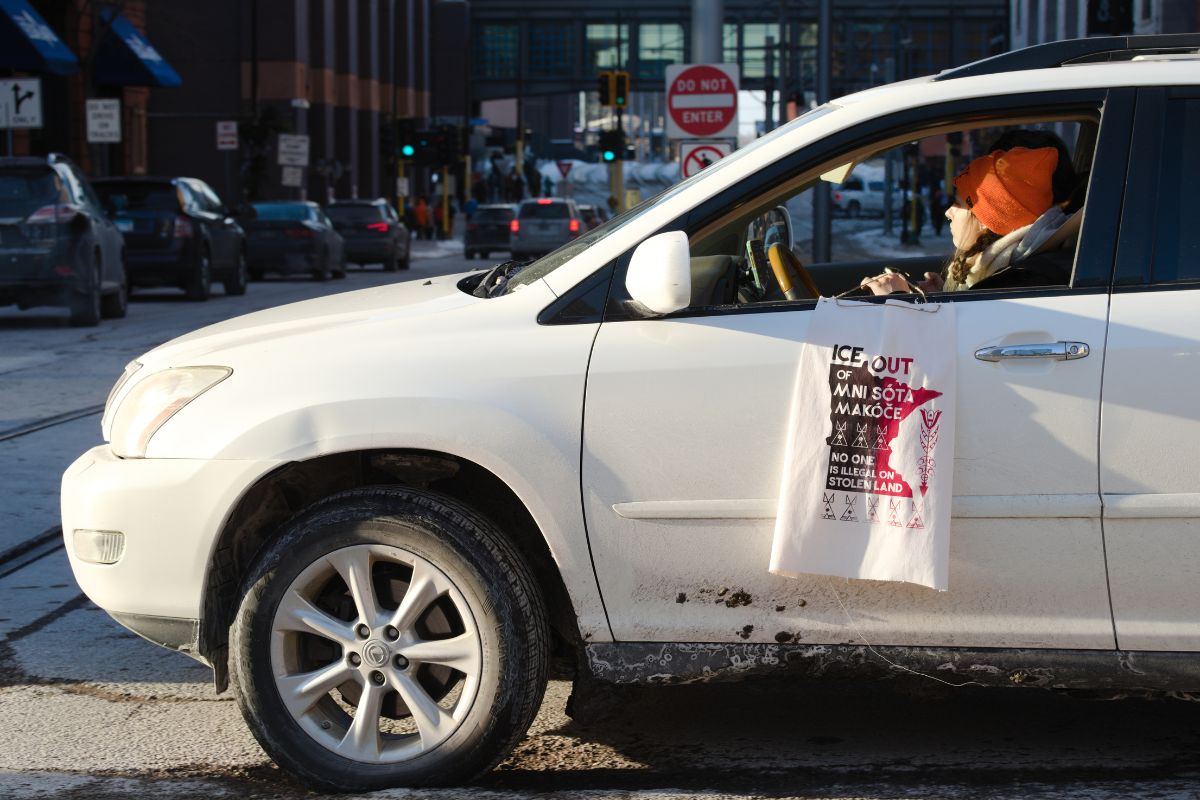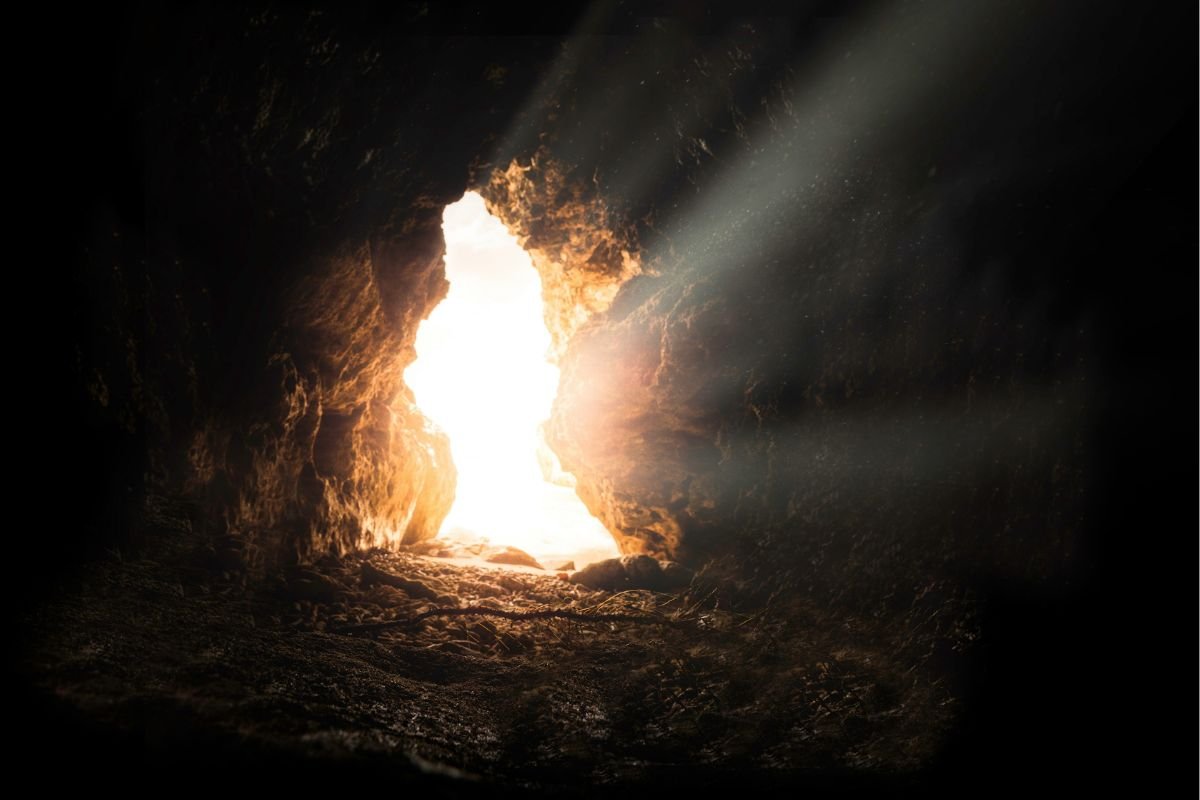
October 28, 2019; Chicago Tribune
When Chicago Public Schools (CPS) first sat down to negotiate collective bargaining agreements with the two unions that represented its employees, more than salaries and benefits were at issue. The teachers’ union focused on changes they believed essential for the well-being of their students, centered on equity and justice. The city might have found the demands reasonable, but the cost was not, not for a district with a tight budget. Satisfying both sides is proving to be hard. Despite ongoing bargaining over the weekend, the teachers remain on strike, and over 300,000 students have been out of their classrooms for more than nine school days.
NPQ noted last week that this strike was not a typical labor-management dispute. Getting a binding commitment to reduce class sizes and add support staff was so important to the union that it was worth striking over. District leadership and Chicago’s new mayor, Lori Lightfoot, agree these concessions might be in students’ best interests, but are reluctant to make binding commitments and want to phase in improvements over time.
Long hours at the bargaining table have left both sides frustrated. The two sides even disagree on the size of the gap that remains to be bridged. A union spokesman said that only another $38 million needed to be added to the city’s last package of changes. But Arnie Rivera, chief operating officer for CPS, told the Chicago Tribune the number is more than $100 million. Each side has “accused the other of misrepresenting the numbers to curry favor with Chicagoans.”
On Monday, the city announced an agreement with the Service Employees International Union (SEIU) Local 73, the union that represents non-classroom personnel. While this is a step forward, SEIU says they will not cross the teachers’ picket lines and will stand with them until that strike is settled. It also seems clear that as difficult as the strike is for parents, they are for the most part aligned with the teachers as well, with parents joining teachers on the picket lines and bringing treats to sustain them.
Sign up for our free newsletters
Subscribe to NPQ's newsletters to have our top stories delivered directly to your inbox.
By signing up, you agree to our privacy policy and terms of use, and to receive messages from NPQ and our partners.
The Tribune reports that Lightfoot has expressed frustration regarding the union, saying the school district “has put everything it responsibly could on the table to make a deal.” Calling the offer “the most generous in CPS’ history,” Lightfoot lamented, “This is by any estimation an incredible offer. Despite all of this, the CTU has not accepted it. We are enormously disappointed that CTU simply cannot take yes for an answer.”
From the union’s perspective, though, the offer, while addressing some class size and support staff issues, maintains many conditions that hamper learning. Math teacher Mayra Bravo-Gonzalez told the Tribune, “One of the things that really surprises me is that Lori Lightfoot made promises to support education and she broke those promises.”
Union President Jesse Sharkey continues to rally parents to advocate for their students by supporting the union’s demands. In comments reported by the Tribune, he said, “I’m going to put this back on the mayor. The mayor is a lawyer, she’s a person who’s been used to advocating for a case. The mayor has got to help land a deal here that gets us back to school, that gets the schools reopened. That’s what the mayor has to do.”
When the strike began, Lightfoot said, “Every day we are out, that hurts our children. We need to make sure that we do everything possible to create an environment where we can get back to the table, where we can get a deal done so that our kids can be back in our normal rhythm and cadence.” Into its third week, the divide remains, school’s still out, and normalcy has not returned. That’s not good for the city’s children, but from the teachers’ perspective, the immediate costs are worth the long-term benefit to students for many years to come. Balancing today and tomorrow is never easy, and that tension is being felt by everyone in Chicago this week.—Martin Levine












